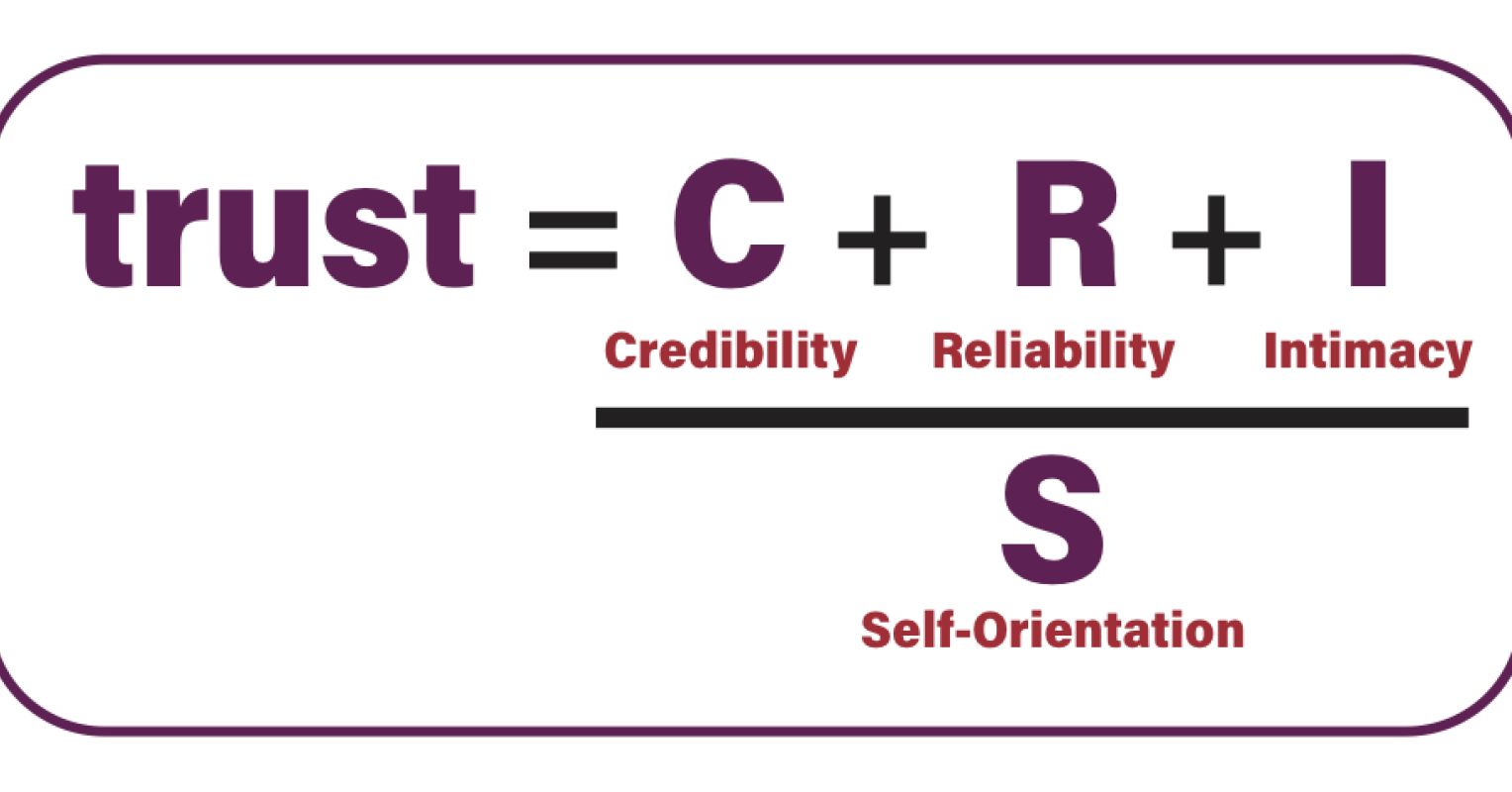
"People don't support those who are just credible and reliable; they respond when valued and understood. Emotional closeness and trust predict willingness to help far more than formal authority or job title. When support is seen as self-serving, reciprocity drops. Genuine altruism inspires stronger responses. Building authentic, ongoing relationships makes it natural for others to want to help when you need it most."
"Trust Isn't Based on Competence Alone While Gartner attributes collaboration drag to too many meetings, unclear roles, and feedback issues, there is another, simpler fundamental reason. When we work with people, we assume that working together for the same organisation will be enough to secure their co-operation, and we ignore the importance of our relationships with our colleagues. We focus on our own agenda and explain what we need-but rarely stop to ask why the other person would want in the way of help."
Colleagues are more likely to help when they feel valued, understood, and emotionally connected rather than merely seeing someone as competent or reliable. Emotional closeness and trust predict willingness to assist far more than formal authority or job title. Perceived self-serving motives reduce reciprocity, while genuine altruism inspires stronger responses. Collaboration drag often stems from weak professional relationships rather than only meetings, unclear roles, or slow feedback loops. Focusing solely on one’s agenda and stating needs without considering others' incentives undermines cooperation. Building authentic, ongoing relationships makes others naturally inclined to provide support when needed.
Read at Psychology Today
Unable to calculate read time
Collection
[
|
...
]